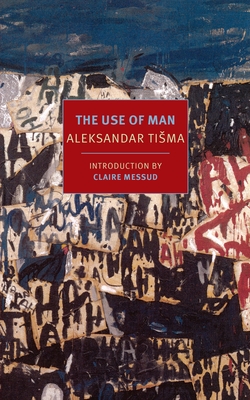Aleksandar Tisma (1924-2003) was born in the Vojvodina, a former province of the Austro-Hungarian Empire that had been incorporated into the new Kingdom of Yugoslavia after the First World War. His father, a Serb, came from a peasant background; his mother was middle-class and Jewish. The family lived comfortably, and Tisma received a good education. In 1941, Hungary annexed Vojvodina; the next year--Tisma's last in high school--the regime carried out a series of murderous pogroms, killing some 3,000 inhabitants, primarily Serbs and Jews, though the Tismas were spared. After fighting for the Yugoslav partisans, Tisma studied philosophy at Belgrade University and went into journalism and in 1949 joined the editorial staff of a publishing house, where he remained until his retirement in 1980. Tisma published his first story, "Ibika's House," in 1951; it was followed by the novels
Guilt and I
n Search of the Dark Girl and a collection of stories,
Violence. In the 1970s and '80s, he gained international recognition with the publication of his Novi Sad trilogy:
The Book of Blam (1971), about a survivor of the Hungarian occupation of Novi Sad;
The Use of Man (1976), which follows a group of friends through the Second World War and after; and
Kapo (1987), the story of a Jew raised as a Catholic who becomes a guard in a German concentration camp. Tisma moved to France after the outbreak of war and collapse of Yugoslavia in the early 1990s, but in 1995 he returned to Novi Sad, where he spent his last years.
Bernard Johnson (1933-2003) was affiliated with the Language Centre at the London School of Economics for many years. In 1970 he edited and translated the first anthology of modern Yugoslav literature, and throughout his career he distinguished himself as one of the most active translators of Serbo-Croatian poetry and prose working in English.
Claire Messud is the author of four novels and a book of novellas. Her novel
The Emperor's Children was long-listed for the Man Booker Prize, and was selected as one of the ten best books of 2006 by
The New York Times. Her most recent novel is
The Woman Upstairs. She lives with her family in Cambridge, Massachusetts.




